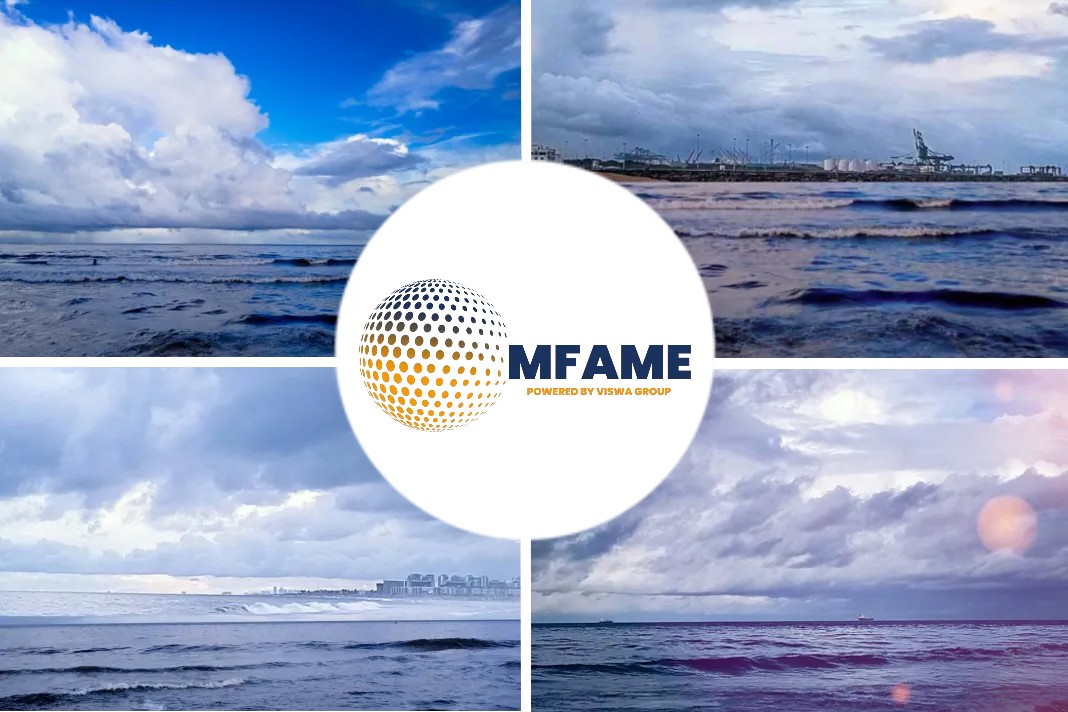- Critics of marine exhaust gas cleaning systems (EGCS) have used the launch of a new report to renew calls for restrictions on use of the technology.
- It also prompts advocates of so-called scrubber technology to reiterate their position that there is no evidence to suggest such measures are warranted.
According to an article published in Ship&Bunker, Critics of marine exhaust gas cleaning systems (EGCS) have used the launch of a new report to renew calls for restrictions on use of the technology, prompting advocates of so-called scrubber technology to reiterate their position that there is no evidence to suggest such measures are warranted.
ICCT Publication on Washwater.
The publication released by the International Council on Clean Transport (ICCT) uses prepandemic data on shipping movements to project where and by how much scrubber washwater deposits will be made. It assumes 3,600 ships use scrubbers.
While scrubber advocates maintain that washwater is not harmful to the marine environment, ICCT reiterates the counter view that “scrubber washwater is toxic to some marine organisms, harms others, and can worsen water quality”.
Heavy Shipping Traffic Concerns
Of particular concern for the report’s authors is that regions with heavy shipping traffic, for example, the Baltic Sea, the North Sea and the Malacca Strait, are more exposed, and moreover that washwater will be deposited in certain Particularly Sensitive Sea Areas (PSSAs) including the Great Barrier Reef, the report said.
Scrubber Discharge Impacts
ICCT look to the International Maritime Organization (IMO) to instigate change, suggesting it “could immediately call on ships to voluntarily stop dumping scrubber washwater in PSSAs”. In addition, the report suggests that “countries and ports could ban scrubber discharges in their waters, and flag states could agree to phase out the use of scrubbers on ships flying their flag”. In response to the report, scrubber advocate group CSA2020 said it “welcomes all scientific inquiries on scrubbers that are objective and well-researched” but suggested the latest ICCT report fell short of this mark.
CSA2020’s Email
“In the case of the recent report issued by the ICCT, there appears to be too many errors, including the very high assumptions used in their calculations, to justify the policy recommendations they have suggested,” CSA2020 said in an emailed statement to Ship & Bunker.
Looking first at water quality, the studies quoted in the report used very small and outdated sample sets, even the 2020 study has samples from only two ships in 2014.
“We believe that a more credible analysis would use current and extensive data set that takes advantage of the many operating hours that the industry has now accumulated. For this, we suggest the CE Delft study (Faber et al 2019) which examines hundreds of washwater samples and finds them comparing favorably with the 2021 EU water quality standards, and even the WHO drinking water standards, and also negligible accumulation of washwater components over decades.”
Usage flow of Scrubbers
Calls for usage limitations on scrubbers – including an outright ban – are nothing new, with the debate ostensibly locked in a stalemate with both sides believing they have the science to back up their respective positions.
While a number of local authorities have placed restrictions on wastewater discharge within their territorial waters, any near-term IMO-level restrictions are seen as unlikely, not least because the use of scrubbers was a key part of the case for introducing the 0.5% sulfur cap in 2020.
IMO Former Head’s Notice
Edmund Hughes, IMO’s former head of air pollution and energy efficiency, last year told Ship & Bunker that if any such action was to occur it would not be “for a reasonable period of time that would allow you still to get a return on investment.”
Did you subscribe to our daily newsletter?
It’s Free! Click here to Subscribe!
Source : Ship&Bunker
















